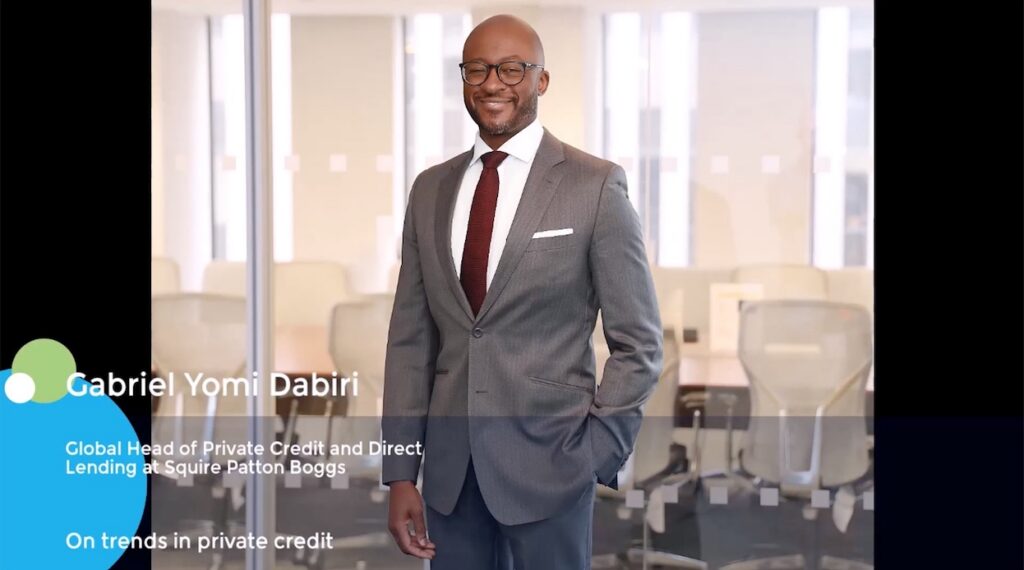US Supreme Court answers ‘the great unsettled question’ in Purdue Pharma’s confirmation appeal: courts lack authority to approve non-consensual third-party releases
Purdue Pharma appeared before the US Supreme Court on 4 December to battle with the US Trustee over[1] what the District Court for the Southern District of New York dubbed “the great unsettled question” – whether bankruptcy courts are authorized to approve non-consensual releases of claims held by non-debtors against other non-debtors. In arguably the most anticipated decision issued by the US Supreme Court in recent history in restructuring matters, the Court ruled today (27 June), quite succinctly, that the Bankruptcy Code “does not authorize a release and injunction that, as part of a plan of reorganization under Chapter 11, effectively seek to discharge claims against a nondebtor without the consent of affected claimants” – thereby ending division among federal appellate courts.[2] The division among lower circuit courts on this deeply divisive issue is mirrored in the Supreme Court’s ruling, with five justices coming out on one side, and four on the other.
In this article, the Debtwire legal analyst team breaks down the 78-pages handed down today, focusing on the majority opinion delivered by Justice Gorsuch (and joined by Justices Thomas, Alito, Barrett, and Jackson) and discussing to a lesser extent the dissenting opinion written by Justice Kavanaugh, and joined by Justices Roberts, Sotomayor and Kagan.










